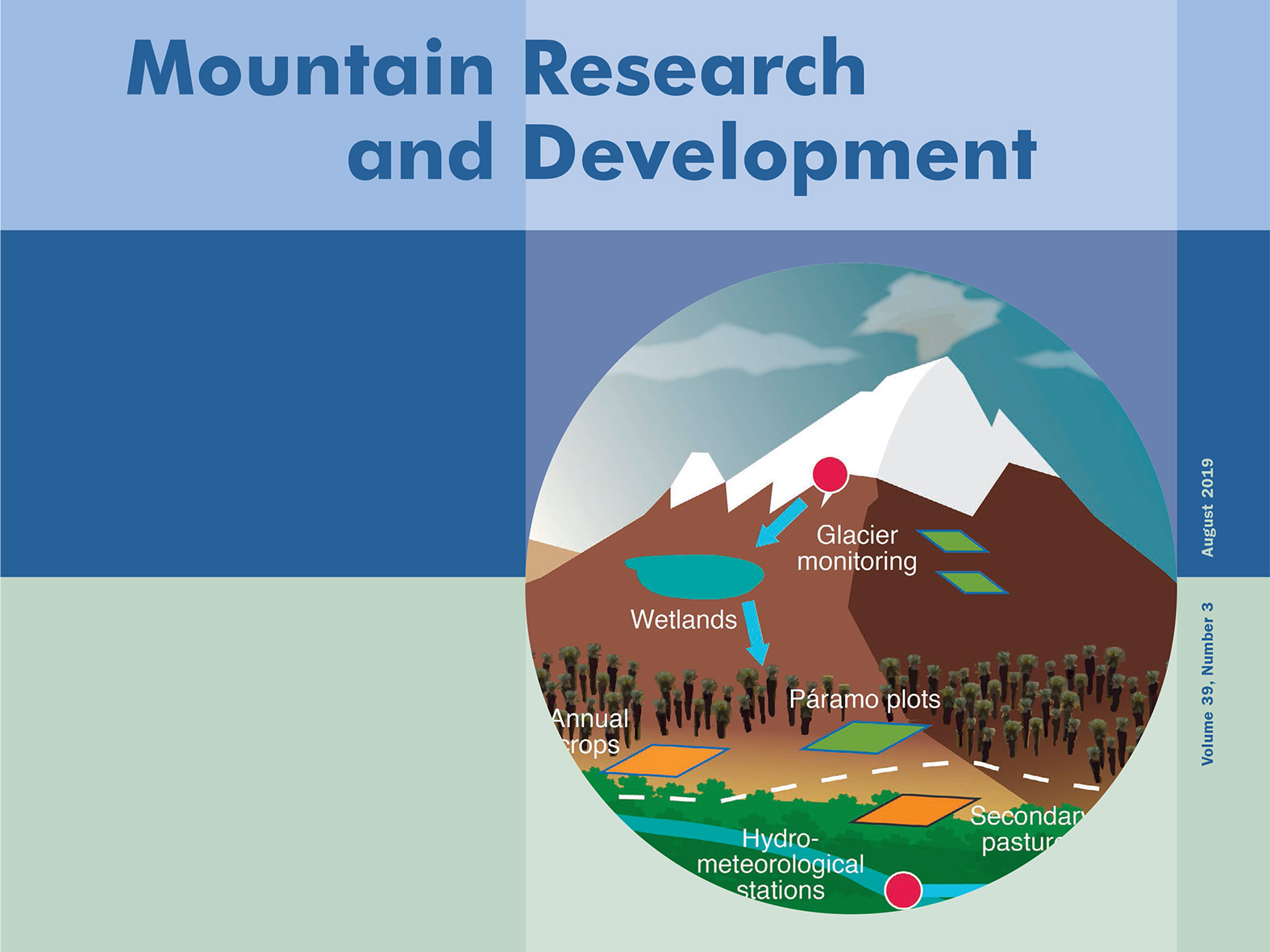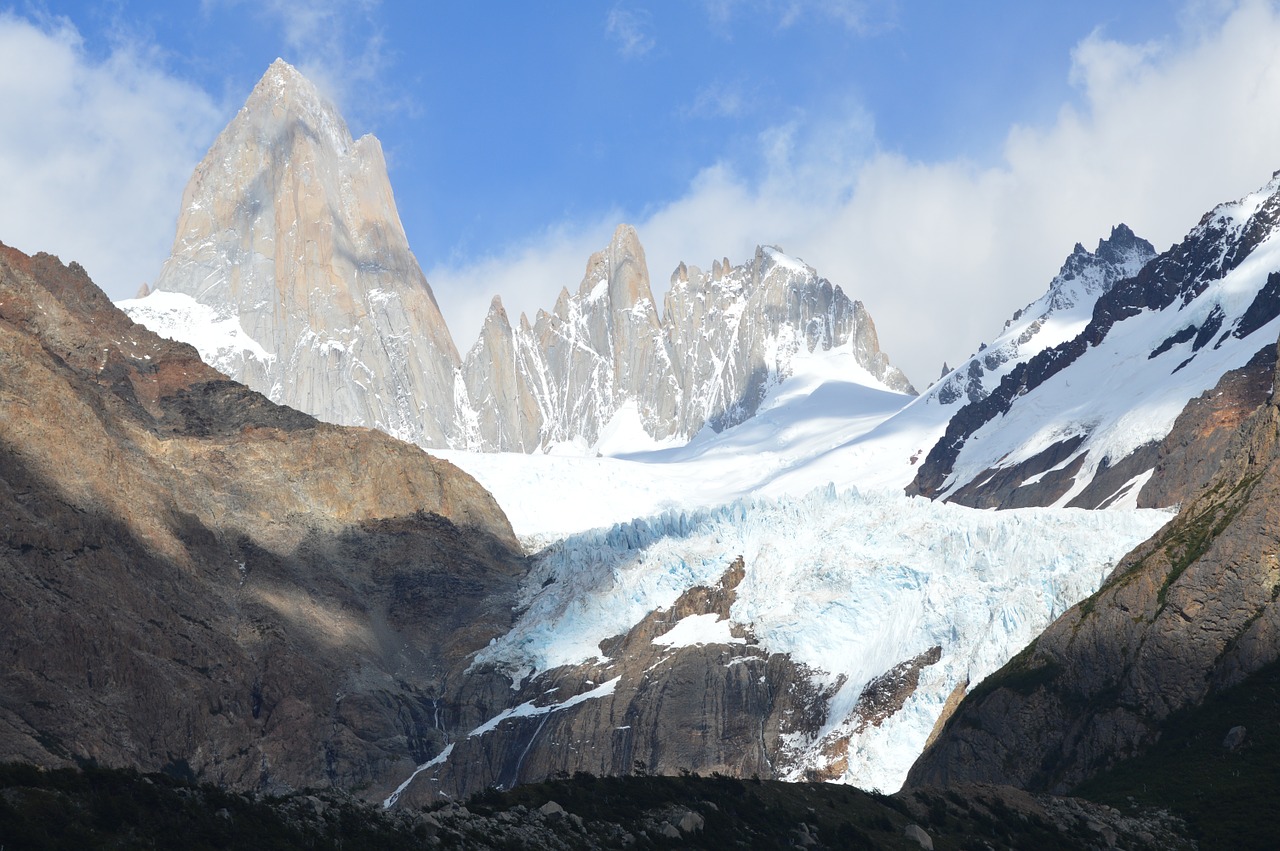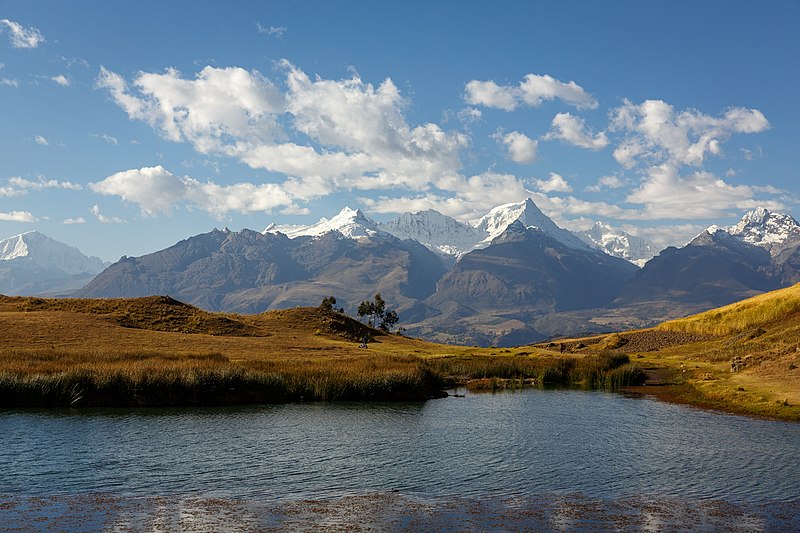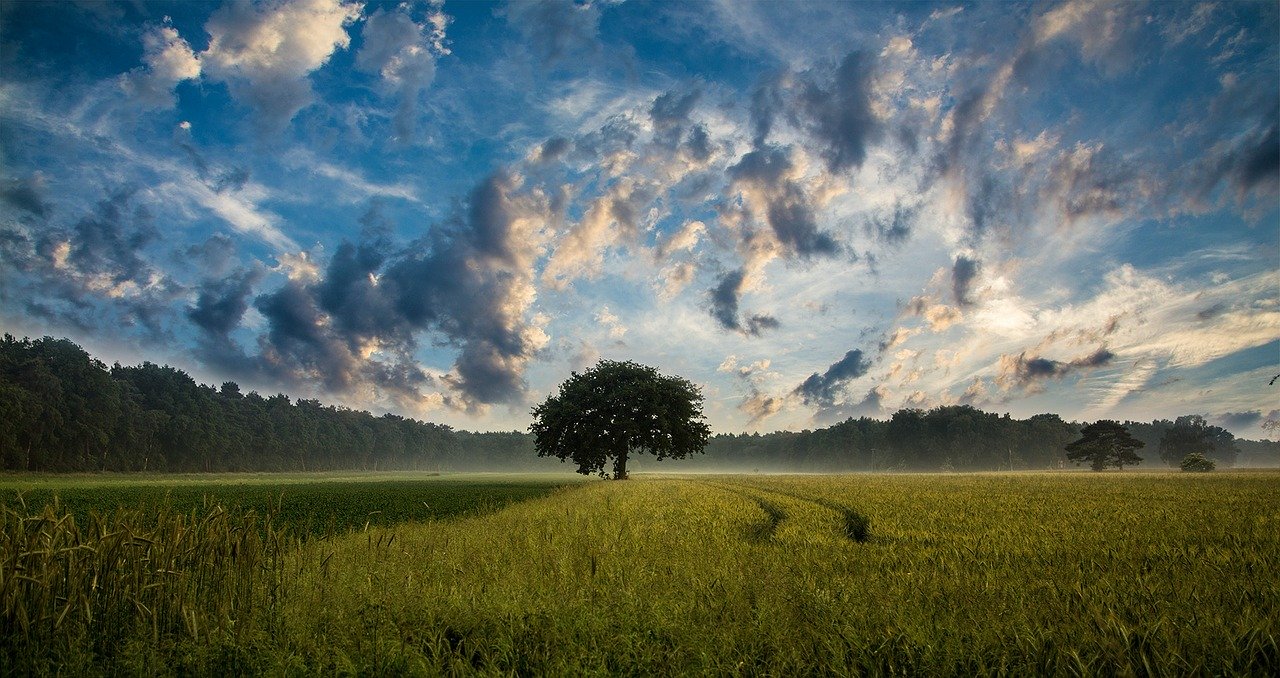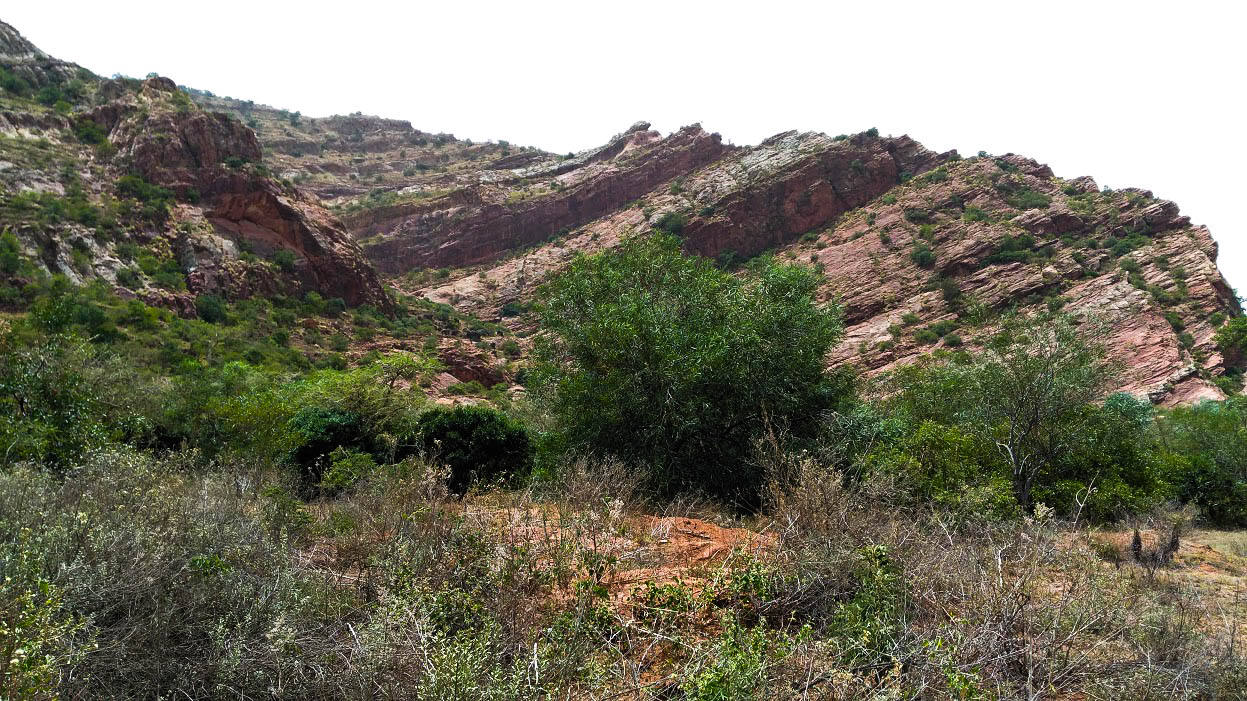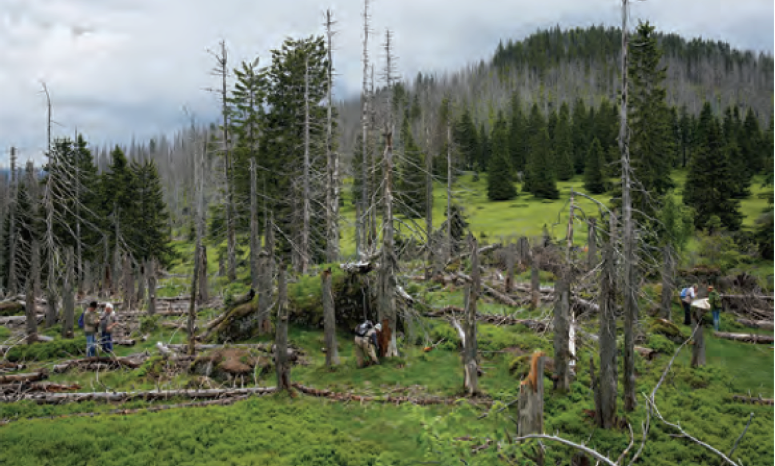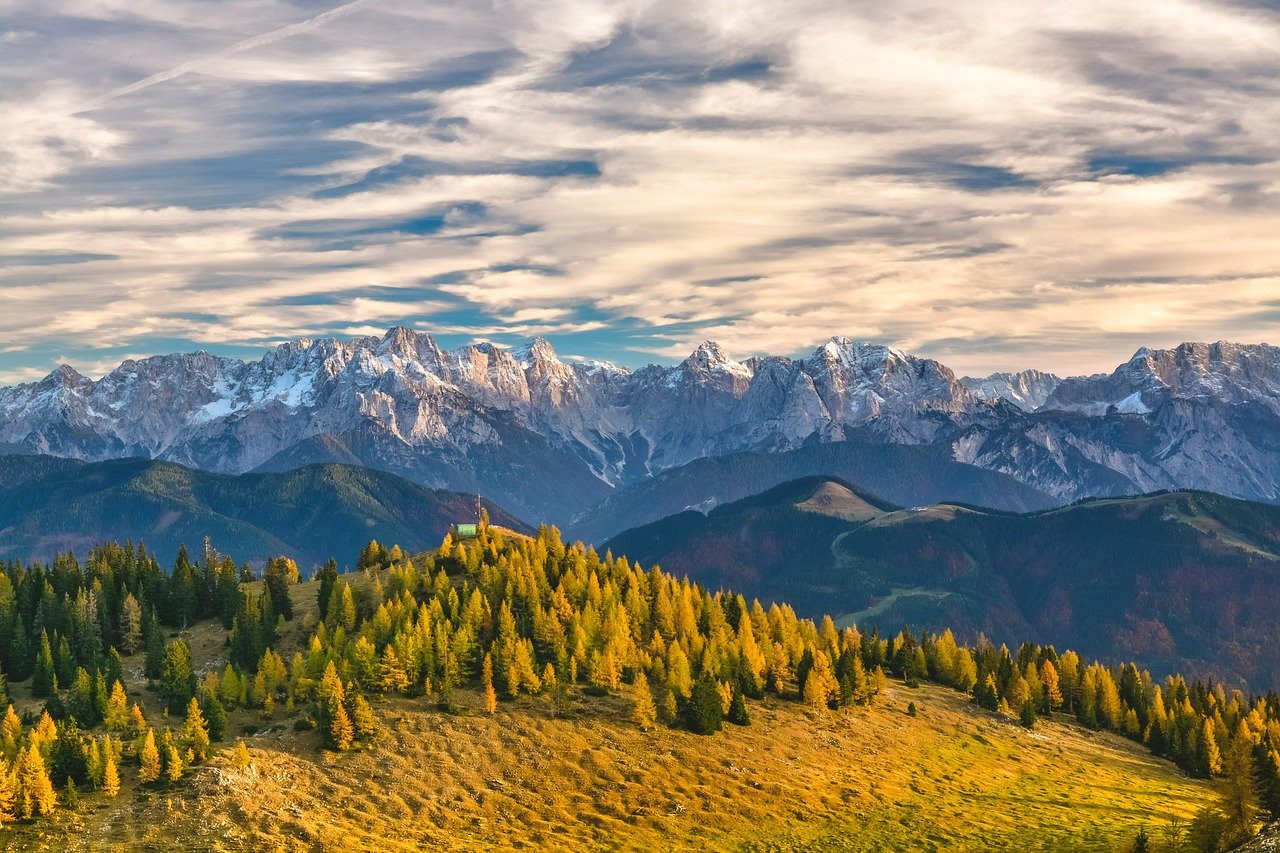News
- Details
- Category: New Publication
The Mountain Research and Development Volume 39, Number 3 issue is an open publication whose articles are fully accessible online.
- Details
- Category: Global News
The open access journal Frontiers features a new compilation of over 10 articles submitted to the Research Topic ‘Connecting Mountain Hydroclimate Through the American Cordilleras,’ co-edited by MRI Science Leadership Council member Bryan Mark, alongside co-editors Alfonso Fernandez (University of Concepción, Chile) and Michel Baraer (École de technologie supérieure, Canada).
- Details
- Category: MRI News
Despite the impacts experienced with the Covid-19 pandemic, the Cluster of Cooperation (CLOC) Conéctate A+ in the Latin American region has managed to continue to forge forth with its activities, and are pleased to announce the three selected projects for the network’s first inaugural small grants program in 2020.
- Details
- Category: Global News
In light of the ongoing Covid-19 pandemic, announcements were issued in April 2020 by the Intergovernmental Panel on Climate Change (IPCC) on the Sixth Assessment (AR6) reporting timelines for Working Groups (WGs) I and II, as well as new experiences with a virtual format for the WG III Third Lead Authors meeting.
- Details
- Category: New Publication
The agri-food system is undergoing transformation as population rises and the demand for food (particularly animal food products) increases. This change necessarily entails a competition with other areas under development (such as urbanization, biofuel production, etc.) for resources like land and water, resulting in compromises and trade-offs due to a variety of priorities of all the many actors involved, like researchers, policy makers, private companies, NGOs, and more. Each actor may envision sustainability in ways that conflict with the others, creating clashing priorities.
- Details
- Category: Global News
The 2015 Belmont Forum call on Mountains as Sentinels of Change was aimed at fostering research on climate, environmental and related societal change in mountain regions by facilitating research with respect to drivers of change, ecosystems and biodiversity, water, hazards, vulnerability, risks, adaptation and resilience. The awarded projects are coming close to their final stages.
- Details
- Category: MRI News
The MRI Working Group “Elevation-Dependent Warming” expands its scope of work to include climate processes in addition to warming, and therefore announces a name change to “Elevation-Dependent Climate Change”.
- Details
- Category: New Publication




